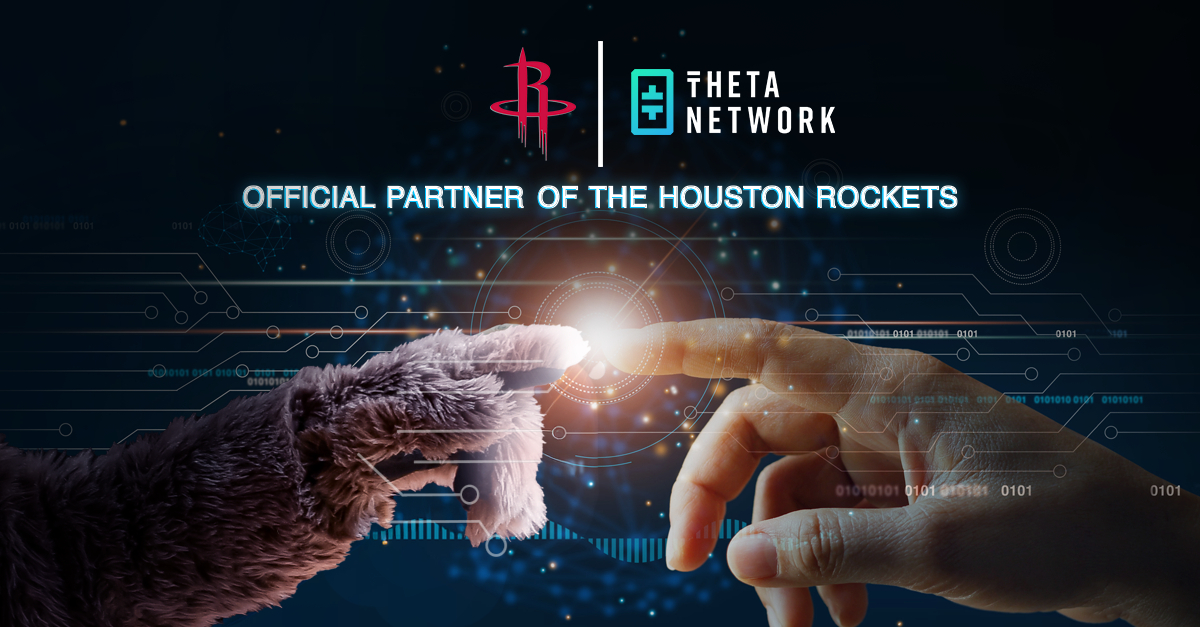Meta Unveils Movie Gen: A New Era in AI Video Generation

Meta has made a significant leap into the realm of AI video generation with the unveiling of Movie Gen, a cutting-edge tool designed to create high-quality videos and audio. This innovative platform allows users to engage in complex visual effects tasks such as environment replacement, character swapping, and object removal. Movie Gen not only matches the video quality of competitors like OpenAI’s Sora but also enables users to upload their own images and integrate them into the generated content. The tool aims to democratize creative expression, providing opportunities for those who may not have access to traditional video production resources.
At the core of Movie Gen are foundational models that utilize advanced techniques to generate 1080p HD videos and synchronized audio. The system is built on a Transformer architecture, employing flow matching during training to enhance performance. Meta’s approach involves pre-training on extensive datasets followed by fine-tuning to ensure realistic outputs. The tool’s capabilities include text-to-video generation, precision video editing, and the creation of personalized videos, making it a versatile asset for both amateur and professional creators.
While still in the research phase, Movie Gen has already demonstrated impressive results in comparison to existing commercial systems. Meta’s extensive training data and innovative training methods contribute to its superior performance. As the company collaborates with creative professionals to refine the tool, the anticipation for its public release grows. If successfully launched, Movie Gen could revolutionize the video generation landscape, challenging established players and opening new avenues for creativity in the digital space.
Related News





